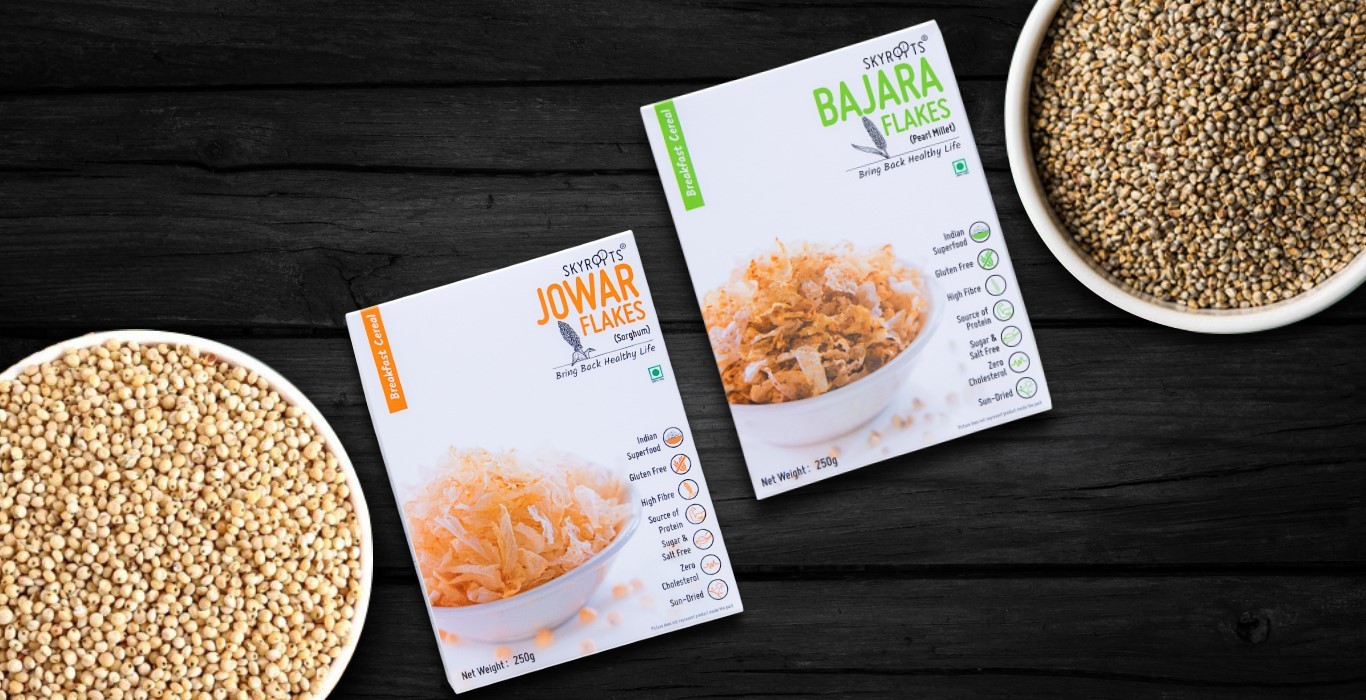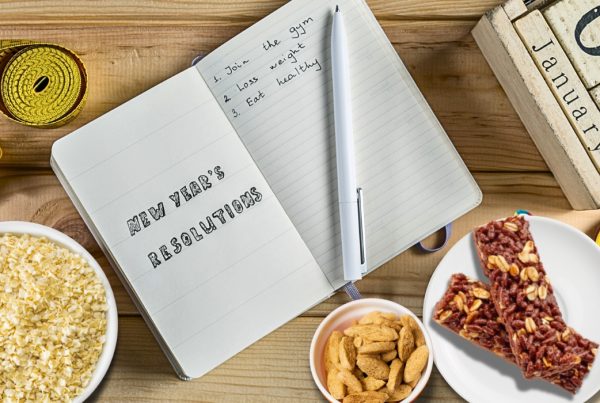Mothers are always worried when it comes to food for babies. Normally, the first phase of weaning and introducing food other than milk can be extremely stressful for new moms. If you are a new mom, wanting to give the healthiest and the most nutritious food to your baby, there is no need to search far and wide. Do you know our Indian Kitchen has so many healthy options for babies? One of the healthiest, easiest to find, and something that even our grand moms prescribe are millets!
Millets for babies good or bad?
Millets are a superfood that is easily found in Indian kitchens. It is rich in dietary fibre, protein, calcium, vitamin B, and magnesium, among other things. It has slowly digestible carbohydrates. A child of growing age needs to consume essential nutrients, vitamins & minerals for healthy development. Millets are a perfect choice as they are versatile, healthy, economical, and easily available. Millets are something that has been traditionally prescribed for babies of weaning age.
And do you know millet is one of the oldest grains- an ancient grain that even the early humans consumed?
Millets available in India
Various types of millets are available in India, namely pearl millet, finger millet, Sargum, Fox tail millet, kangni, Kodu millet, barnyard, etc.
Let’s talk scientifically:
According to a study by the National Institute of Nutrition, in Hyderabad, when 6-month-old babies are introduced to millets they can easily digest it, and it gives them more energy and nourishment. It also helps keep anemia at bay.
Benefits of millet for babies:
- Millets help in boosting their immunity. The immunity of babies and infants is not strong and hence they are susceptible to sickness with the season change. Introducing millets in their meals would boost their immunity.
- the calcium content of millet is much higher, helping babies develop stronger bones.
- Millet is also rich in protein, which is essential for muscle growth and development.
- Millet has a good amount of fiber and is easy to digest.
- it has a low glycemic index, helping babies stay full for longer.
When you start with finger food for kids or when you start with solid food for babies in their weaning stage, introduce millets in the form of porridge, khichadi, crackers, and raab.
A pro tip for mothers is when you are introducing millet to your child, make sure the millet and dal proportions are 2:1. Remember to use ghee in the dish as it aids digestion. You can also add mashed vegetables,
When introducing vegetables, start by introducing one vegetable and one millet for 10 days, and observe if the baby shows any allergic reaction to the new foods. If you see any allergic reactions, then stop the feeds immediately and consult your paediatrician.
Bajara and Ragi are generally introduced in the initial stages. You can start with bajara khichadi, bajara roti, bajara porridge, ragi roti, ragi porridge, ragi sheera, and then gradually start including other millets.
If you are a new mom wondering how to introduce millets to your baby, try this simple breakfast recipe with millet. This is easy to make and has the perfect texture that a baby can eat and digest.
Ragi porridge:
Ingredients:
- Ragi: 2 spoons
- Ghee: 3 spoon
- Salt as per taste
- Hing a pinch.
- Water as needed.
Method for making delicious ragi porridge:
- in a pan saute ragi,
- once cooled grind it into fine powder. Alternatively, you can use ragi flour as well.
- in the same pan take some ghee and add a little hing, salt as per taste, and water.
- once the water comes to a boil, add the fine powder of ragi, and keep stirring so no lumps are formed.
- Stir and adjust consistency as per your baby’s preference.
- Cook it well.
- Drizzle some ghee before feeding it to your baby, making digestion easier.
Garnishing tip, if you have already introduced your child to veggies and nuts, you can add them to the porridge, if you want to make it sweet add jaggery powder instead of salt.
If your baby is a toddler, you can even introduce food like millet-based dosa, millet idli, millet flakes, and more.
We hope you are confident about introducing millets to your baby after reading this post. For more useful information about millets and their various health benefits of it, continue to follow our blog post and stay updated about all things millets!







